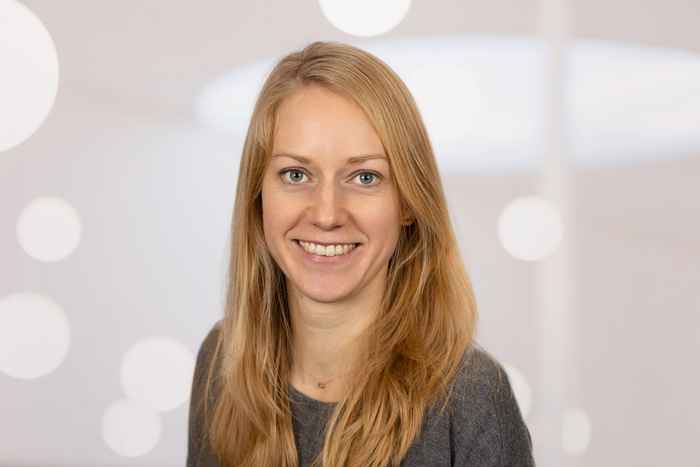DSC member spotlight: Marthe Möller
7 September 2023

How do you apply data science to your projects?
'I study social media users’ consumption of online entertainment content. Whereas a lot of data about this can be retrieved from social media, computational methods are relatively novel in our field and not yet able to fully capture the concepts that we are working with. In my work, I try to contribute to the development of these methods by applying them to research questions relevant to entertainment communication.'
Is there a project from this past year that you are most proud of?
'Together with Susan Vermeer and Susanne Baumgartner, I completed a project whereby we applied supervised machine learning to YouTube comments. Our goal was to see if comments on this platform actually reflect viewers’ experiences in response to videos; we focused on music videos in particular. In contrast to the common perception of YouTube comments being mostly spam, we found that they actually do reflect various viewers’ experiences in most cases!'
What do you like most about being a DSC member?
'Being a member of the DSC allows me to see applications of computational methods to a variety of disciplines and research questions, which is very inspiring. It also grants me access to many opportunities for more education on the usage of these methods, by taking courses and seeing how others used them. This is very important when working in a field that is relatively new to these methods.'
What is your favourite data science method?
'Machine learning! I have only applied it to text analysis so far, and my next step is to also apply it to visuals. Social media offer a gold mine of visual data (think about Instagram, YouTube, SnapChat…) and right now, communication scholars often disregard these data because the discipline is mostly focused on the automated analysis of text data. I think that there are lots of opportunities for research here, though!'
Are you camp Python/R/or something else?
'I pose that both Python and R come in very handy! I use Python to gather and analyze text data. I use R to run statistical analyses on numerical data. I am more experienced in Python though, so if I have to choose a side… however, after admitting that R is actually okay too, I am not sure if the Python camp still wants me…'